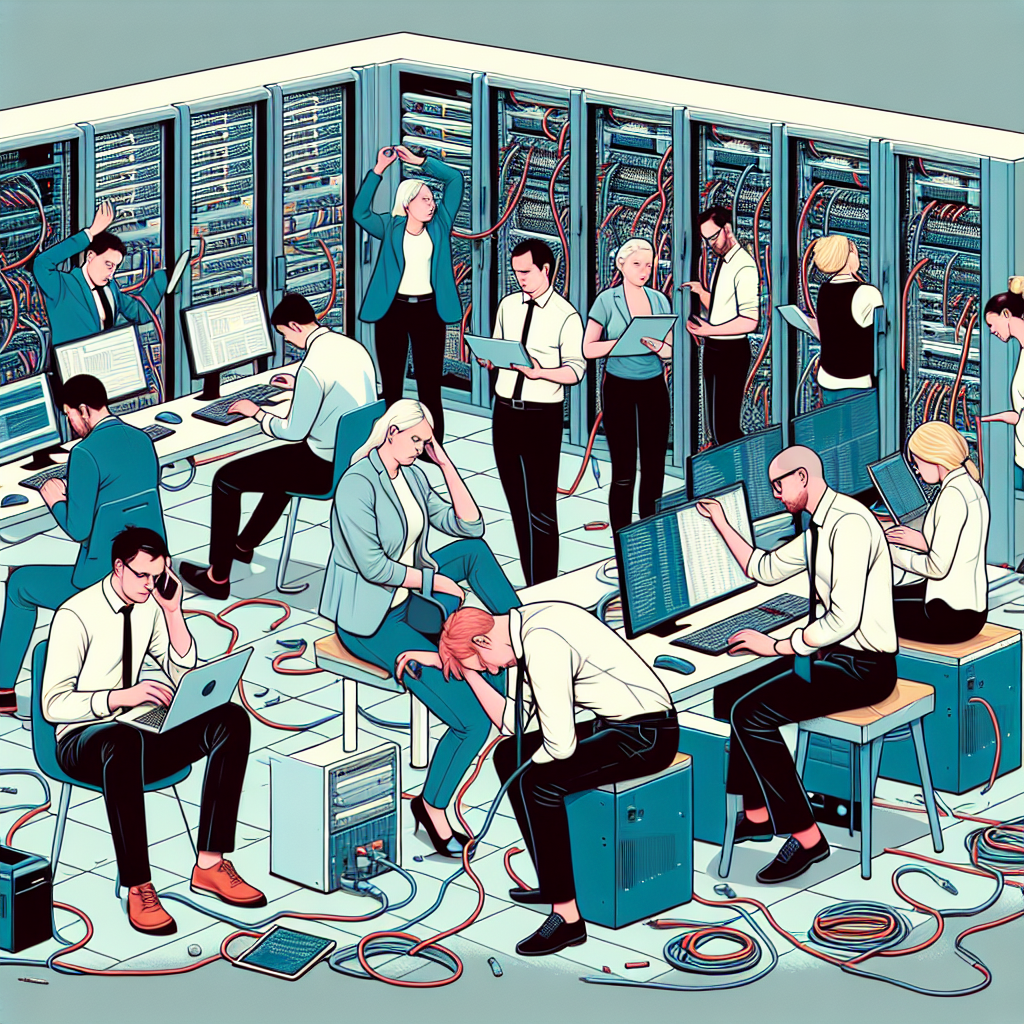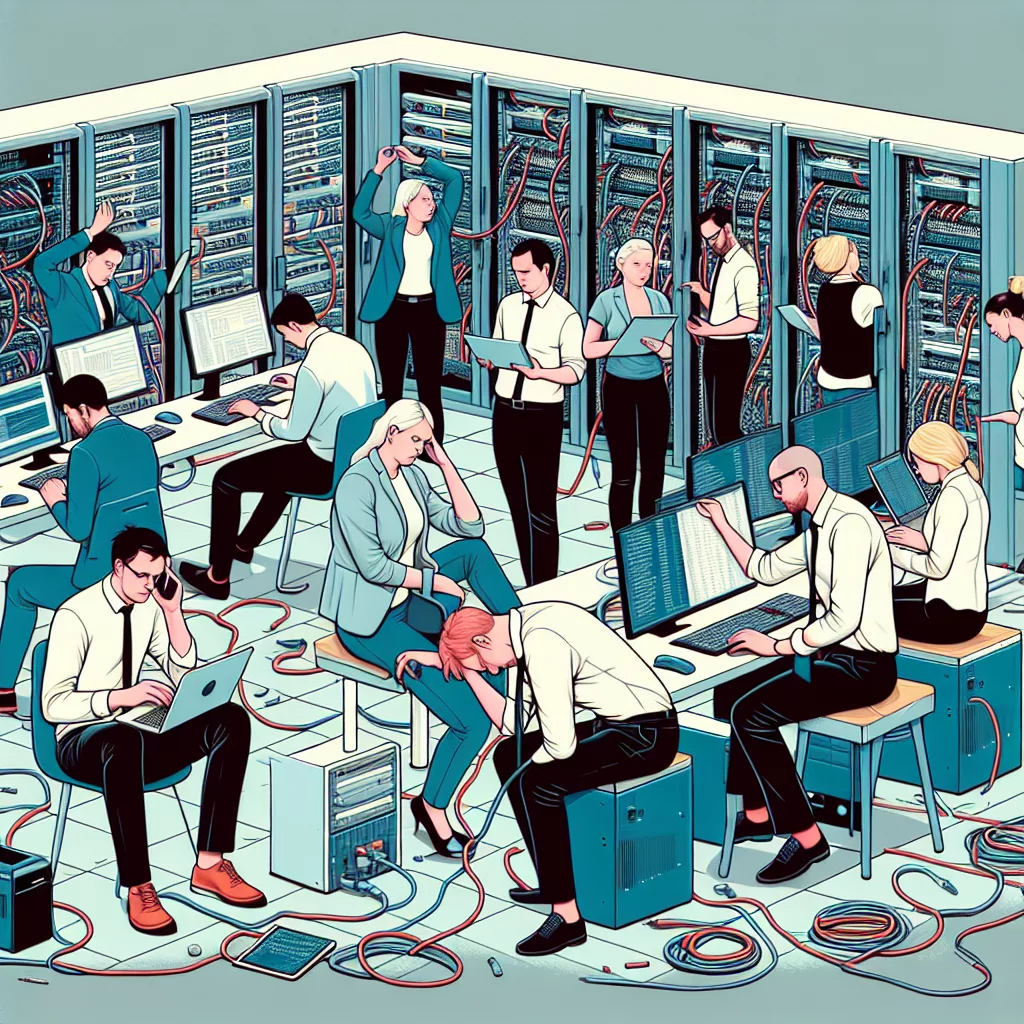Network Engineers face a staggering burnout rate due to constant system demands, 24/7 on-call shifts, and rapidly evolving tech landscapes.

- High-pressure environment with tight deadlines.
- Requirement to be on-call frequently.
- Constant dealing with network disruptions.
- Rapid technological changes demand continuous learning.
- Limited opportunities for professional growth.
- Often solitary work with limited team interaction.
- Routine tasks can become monotonous over time.
The statistical analysis of career burnout within the Network Engineer profession indicates a moderate level of severity.
Reasons Network Engineers burnout
According to the science to date there are key reasons people burnout at work. Here’s our top reasons why Network Engineer in the Technology category has a burnout risk of Moderate:
Burnout in the Network Engineer profession can stem from several factors. First, the high expectations for availability can lead to stress. Network issues often require immediate attention regardless of the time, creating pressure and disrupting personal time.
Second, the rapid pace of technological change demands continuous learning. Engineers must constantly update their skills to remain relevant. This can be overwhelming and contribute to feelings of inadequacy.
Third, the complexity of managing extensive network systems adds to the workload. Network engineers must juggle tasks such as configuring routers, managing security, and troubleshooting issues, which can be mentally exhausting.
Additionally, limited resources in many organizations mean engineers often work with outdated equipment or insufficient support. This can slow down processes and increase frustration.
The pressure to minimize downtime is also intense. Network engineers bear the responsibility of ensuring stable and consistent network performance, which can be stressful. Any disruptions can result in significant business impacts, placing blame and stress on the engineer.
Finally, the isolated nature of the work can lead to burnout. Much of the work is done independently, with little interaction, which can affect your social well-being and lead to feelings of loneliness.
Burnout rate data for Network Engineer/Technology
Burnout among Network Engineers and in the broader technology industry is a subject of increasing importance. Recent reports highlight that technology professionals often face high levels of stress due to demanding workloads and rapid technological changes. According to a study by Blind, an anonymous professional network, about 57.16% of tech employees reported feeling burned out. This showcases how prevalent the issue has become in the tech industry.
The World Health Organization recognizes burnout as an occupational phenomenon. However, specific data targeting Network Engineers is limited. Sources like Forbes (https://www.forbes.com) have discussed the impacts of tech industry burnout more generally, emphasizing the need for well-being and mental health support.
Tech industry surveys further reveal insights into stressors contributing to burnout. These include long work hours, tight deadlines, and a lack of support. Websites such as TechRepublic (https://www.techrepublic.com) frequently publish articles and surveys on the state of burnout in tech roles, offering additional perspectives. While much of the data focuses on tech as a whole, patterns suggest Network Engineers are not exempt from these pressures.
Do you have experience of Burnout as a Network Engineer or in Technology?
Share your story about Network Engineer burnout on our share your story page.
Burnout in Technology
Career Burnout Rates > Burnout in Technology > Network Engineer Burnout


